The mood music from Tehran regarding Donald Trump’s election victory was a mixture of “don’t care” and “very much do care.” Regime insiders remember only too well the toll Trump’s last four years took on their state; Islamic Revolutionary Guard Corps (IRGC) Commander Qasem Soleimani killed; economy shattered; regionally isolated due to Israeli-Arab normalization. Trump is not a popular figure in the Khamenei household. But others reacted with a shrug; we’ve dealt with him before and survived. Why not now? Many ordinary Iranians welcomed the pressure he’d bring to bear on the regime, hoping it may prove decisive.
Trump is well known for being an admirer of pre-revolutionary Iran, miniskirts, casinos and all
But the half-denied, half-acknowledged secret meeting between Elon Musk and the Iranian ambassador to the UN, Saeid Iravani, hints at something different. Perhaps a desire for dialogue, not conflict. Insiders suggest they discussed ways to deescalate tensions, both bilaterally and in the Middle East. They also explored avenues for restarting dialogue on the nuclear deal, which Trump famously exited in 2018 after years of warning of its perils. Iran is “open” to dialogue with Trump.
However, anyone expecting a total breakthrough or grand strategic realignment might be disappointed. Iranian foreign minister Abbas Araghchi cheerfully announced to the IRGC this week that preparations were well underway for a significant military response to Israel’s October attacks on IRGC facilities. The Biden administration itself announced sanctions on Syrian shipping used in the transfer of Iranian energy. But policies that seem on the surface to run counter to themselves can exist together. Iran is perfectly able to talk nice and play dirty.
Historically, hawks in the White House are good for hawks in Iran; the more Washington demonizes the regime, the more the hardliners in Tehran feel justified (and supported) in their rhetorical and real resistance to American pressure. The logic of the nuclear deal, as was in 2014, was an attempt to subvert this logic; deny the hardliners oxygen, and the rest would follow. It didn’t, unfortunately.
Undoubtedly, Musk’s tête-à-tête with an Iranian official will not have gone down terribly well in Tel Aviv. Or in Moscow, who increasingly see Tehran as their regional hedge against American dominance (and would love to be there to pick up the pieces should the country fall apart, à la Syria). The countervailing tendencies of a Trump foreign policy are clear to see; harsh on Tehran, but keen to use his deal-making wiles to avoid conflict; open-handed with Israel, but an isolationist at heart, and so on. If you’ve never been part of the system, then you have far fewer scruples about breaking its rules. Trump is well known for being an admirer of pre-revolutionary Iran, miniskirts, casinos and all.
Yet this early piece of diplomatic outreach from the incoming US administration should be set against events in Tehran, as much as against developments in Washington. The Islamic Republic feels to be on the cusp of significant changes, perhaps driven by fears that the supreme leader Khamenei’s health is failing him.
Several MPs in Iran’s parliament have recently been vocal in their criticism of Iran’s strategic alliance with Moscow. It’s a lament that speaks to Iran’s longstanding dislike of Russia, but also to a broader frustration with Iran’s regional foreign policy. Many proud Iranians (regime and non-regime) despise their role as geopolitical pariah, a sentiment that in turn speaks to the recent revival of nostalgia for pre-revolutionary Iran. For the Pahlavis. For a time when Iran was richer, freer and more connected to the world outside. As is always the case in Iran, the regional is the domestic, and vice versa.
The Islamic Republic feels to be on the cusp of significant changes
Late last week Crown Prince Reza Pahlavi gave a speech on X, circulated widely in Iran. In it, Pahlavi stated unambiguously, if a little haltingly, that he would be willing to lead the change in Iran. While this is nothing new, the timing of such a speech, coming so soon after Trump’s victory and with the regime facing serious economic and social pressures at home, is of note.
The regime has, according to some reports, stopped selling oil to China, in part driven by October sanctions. Iranian-Saudi rapprochement seems to be gathering pace, with a recent meeting between the Iranian foreign minister and MbS, and former Iranian foreign minister Javad Zarif’s speech to “Jews worldwide,” when taken together, suggest a regime that seeks to brace itself for change. Or at least, to hedge its regional bets. Something in isolation amounts to nothing. But when we start to assemble these facts together, reading into what has been said, and what has not been said, a picture starts to emerge of change, albeit with a healthy dollop of continuity.
In the Islamic Republic, it all goes back to the “beit,” to the Supreme Leader’s Office. To Khamenei and who will succeed him. Since 1979, when Ayatollah Khomeini assumed the role under the guiding philosophy of the Guardianship of the Jurist (not without its controversies in the recondite world of Shiite jurisprudence), the question of how to pass this authority down to the next generation without diluting the spiritual and practical heft of the office, has been a thorny one to say the least. Khamenei has been notably reluctant to name a successor, in large part because of the uncertainty this causes. Khamenei can’t have a competing power base to him whilst he is still alive, even if that individual is his own son, Mojtaba Khamenei. Power abhors both a vacuum, and an alternative.
Last week, a wide ranging and potentially significant interview was published across Iranian media which spoke volumes. The interviewee, Abbas Palizdar, a close confidant of Mojtaba Khamenei, unleashed a torrent of allegations suggesting regime corruption that went almost but not quite to the heart of the regime. It included members of the clergy, and people close to Mojtaba.
Allegations of regime corruption are nothing new in Iran, far from it. But what was interesting here was that Palizdar spoke explicitly of Mojtaba Khamenei as being uniquely qualified to clean the regime of corruption, placing Mojtaba in a Mohammed bin Salman anti-corruption mold, while also pointing towards a decision having been made about who will succeed Ali Khamenei as supreme leader. To seasoned Iran watchers, the talk of Mojtaba not only being ready to “break the neck of the corrupt,” but also willing to enact social reforms and release political prisoners, all felt very consequential. And calculated, too. As if the act of setting Mojtaba apart from his father’s rule, might elide any criticism of nepotism, and portray Mojtaba as the change candidate, the new broom (with the same last name).
Separately, the Assembly of Experts (a quasi-constitutional body responsible for choosing the next supreme leader) seem to have opined on the issue of the succession. Esfahan’s Friday Prayer Leader said that they had identified three suitable individuals for Khamenei’s job. While these individuals haven’t been named, it looks for all the world as if Mojtaba Khamenei is the leading candidate. The other two, clerics with impeccable regime credentials, and almost zero power base, do not seem to stand a chance.
While Mojtaba most definitely shares some of MbS’s ruthlessness in matters of fighting corruption and settling scores, in relative terms, he is something of a country bumpkin. He’s only left Iran on a handful of occasions, having cut his teeth in the most ideological of all of Iran’s battalions that fought against Saddam Hussein in the Iran-Iraq War. Mojtaba has worked as a princely henchman for his father, carrying messages to opposition movement figures under house arrest, and controlling access to the supreme leader’s inner circle. Other unverified rumors abound about his involvement in behind-the-scenes election interference and the crackdown on the 2009 Green Movement in Iran.
His regime allies are not famed for their love of democracy or human rights, with several accused of being involved in the violent suppression of dissent within Iran, IRGC activities overseas and, whisper it quietly, corruption on an eye-watering scale, if the documented accusations of regime insiders are to be believed. Mojtaba Khamenei as supreme leader would be a regime figure steeped in Iran’s struggles against Iraq, loyal to his own clique and on possibly a collision course with the people of Iran. Regardless of whether these rumors are true or not, and despite Palizdar’s reputation-washing interview, ordinary Iranians may feel that they know all they need to know about Mojtaba Khamenei.
Official talk of succession within the Islamic Republic has been, until now, extremely rare
Just last week, Supreme Leader Khamenei spoke to the Assembly of Experts about an Islamic Republic without him, of how the show must go on. Some were reduced to tears. Official talk of succession within the Islamic Republic has been, until now, extremely rare, often dismissed as a trifling distraction.
Be it in Iran’s desire to make nice with Saudi Arabia, Zarif’s emollient speech to “Jews worldwide,” the outreach to America’s very own Rocket Man, protesters in Tehran ripping down posters of Ayatollah Khamenei, the Assembly of Experts’ groping towards certainty on the succession issue, things seem to be happening in the Islamic Republic of Iran. The question is, which way will they break? And how quickly?
Outside-in engineered regime change would be catastrophic for the region. Yet Washington, Riyadh and Europe should be ready to make the best of an evolving situation. To support without interfering, to enable without directing. But above all, to prioritize talking over fighting.



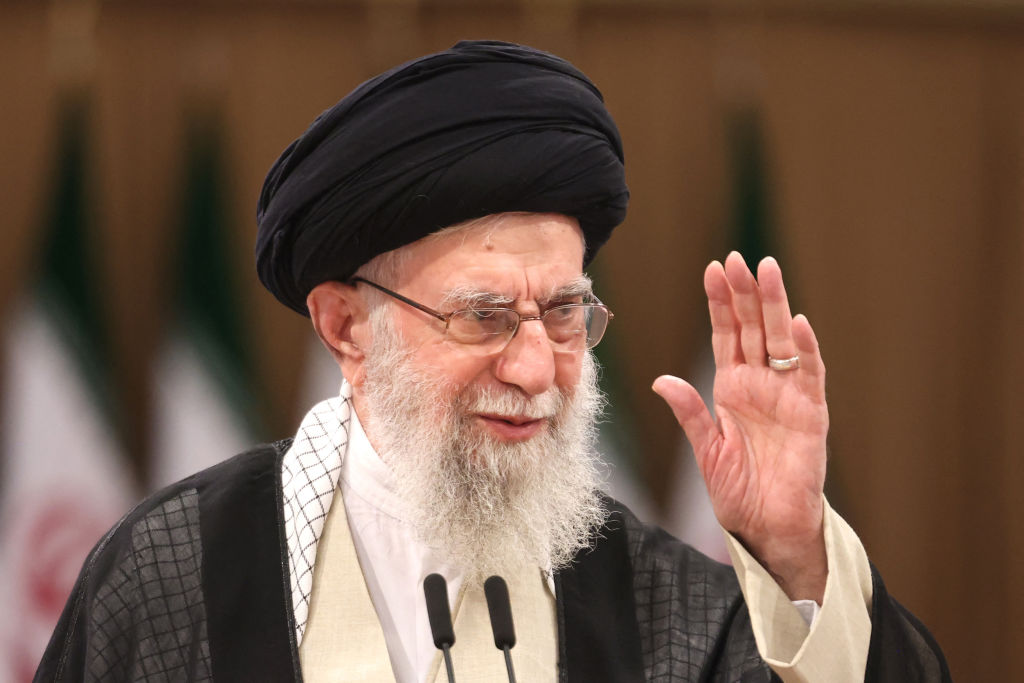






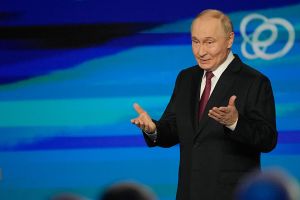
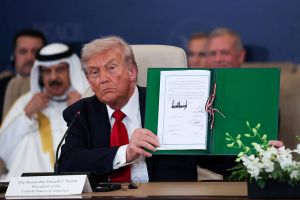
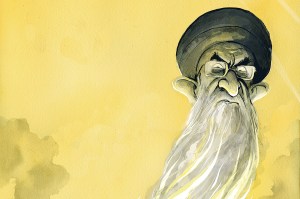
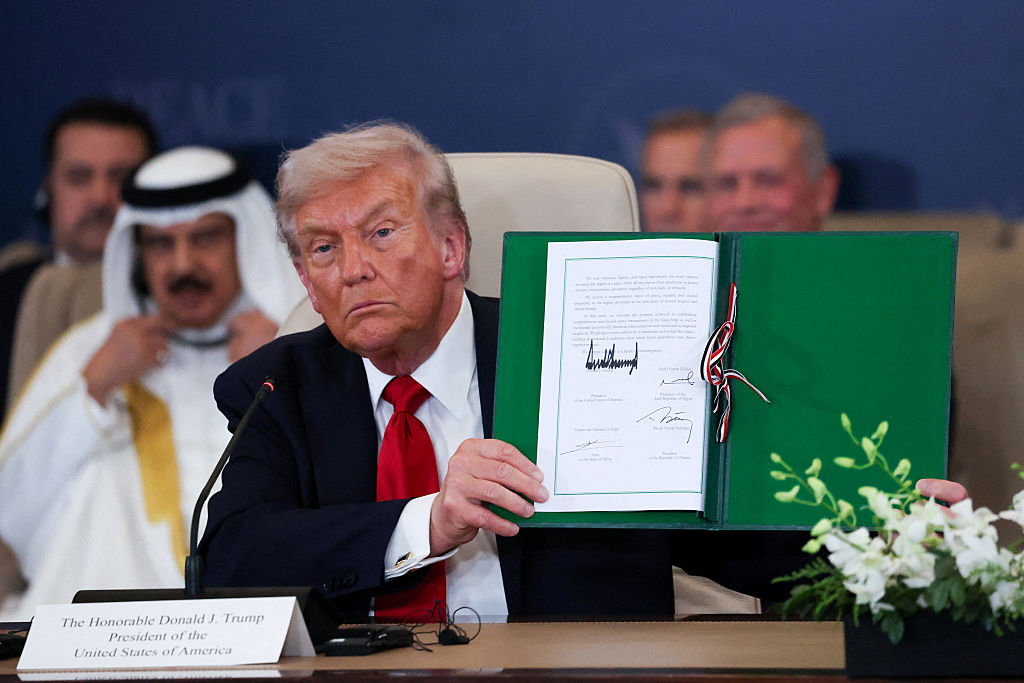
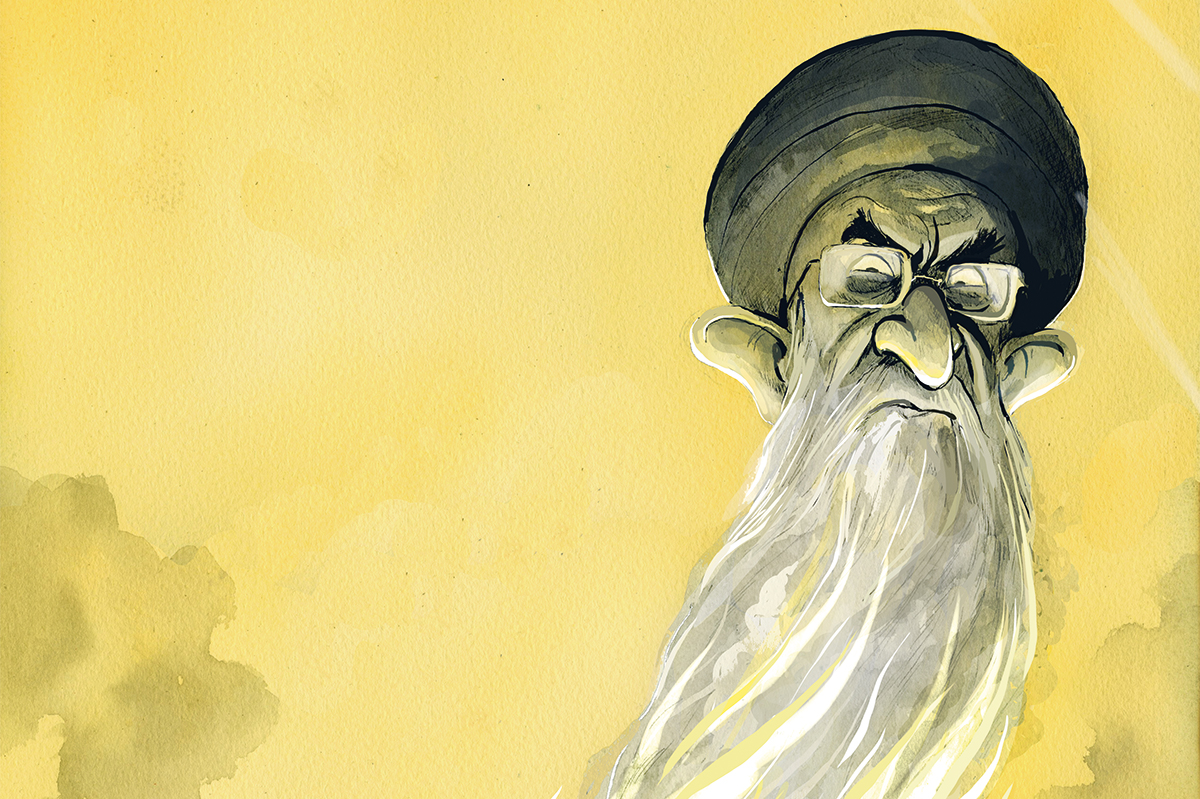

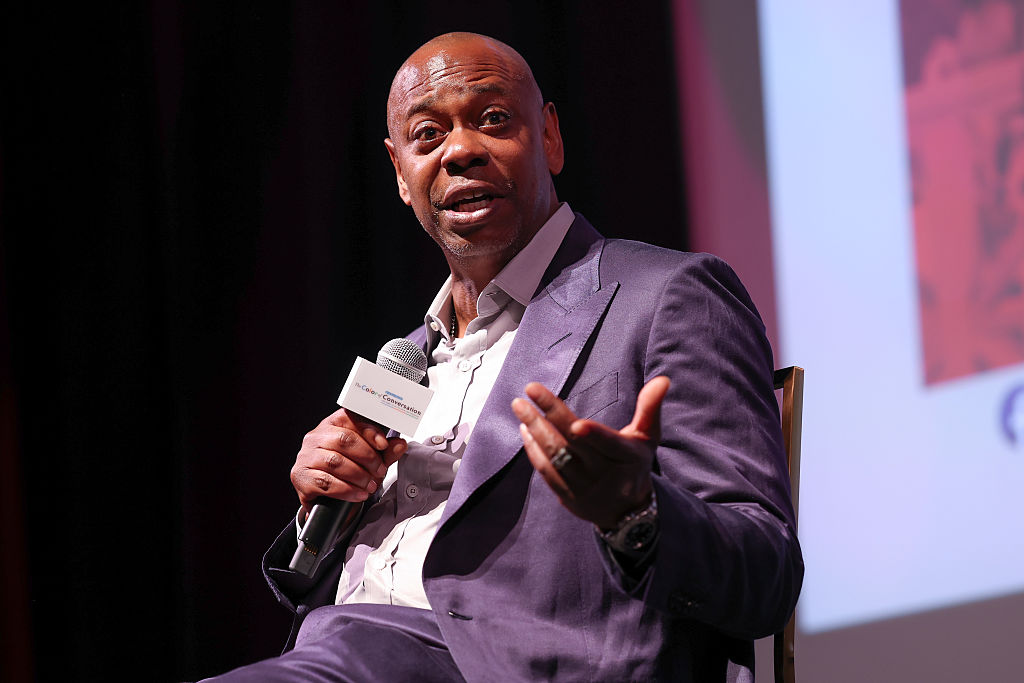
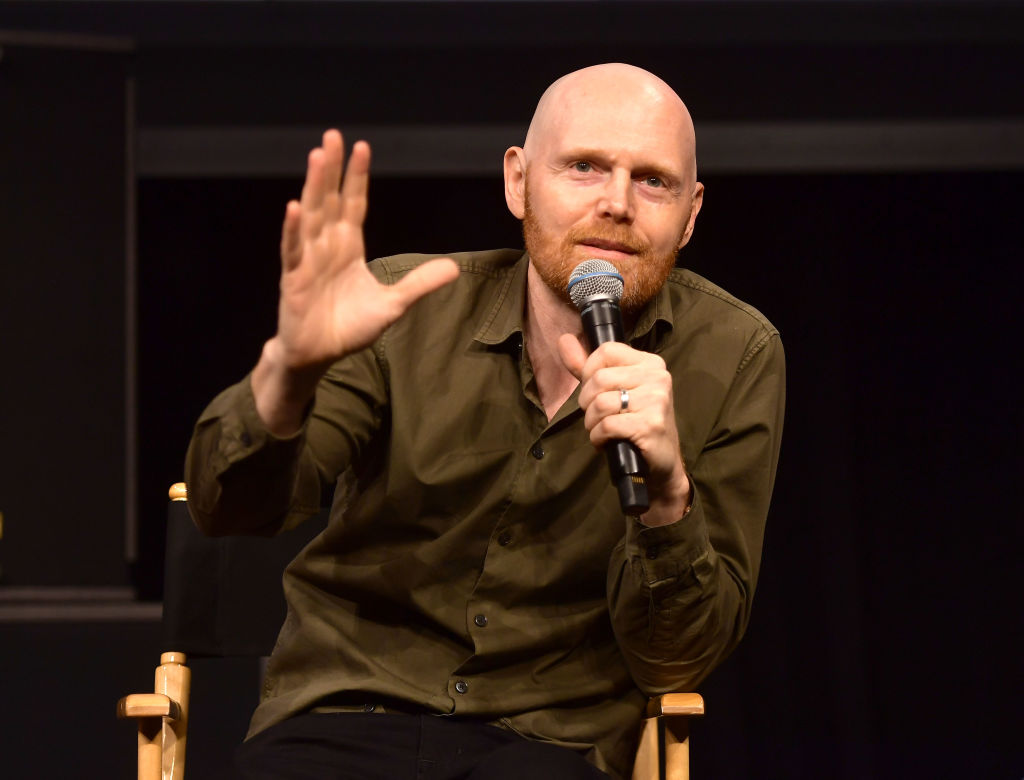
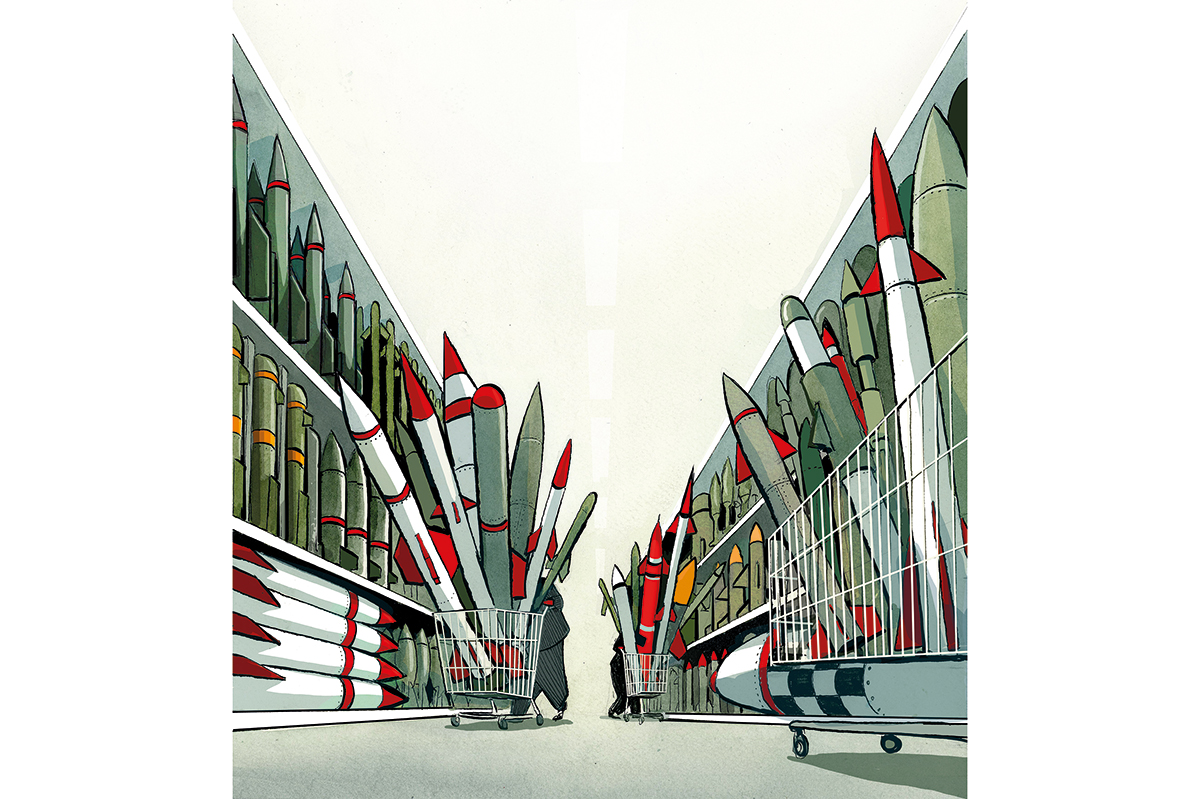







Leave a Reply